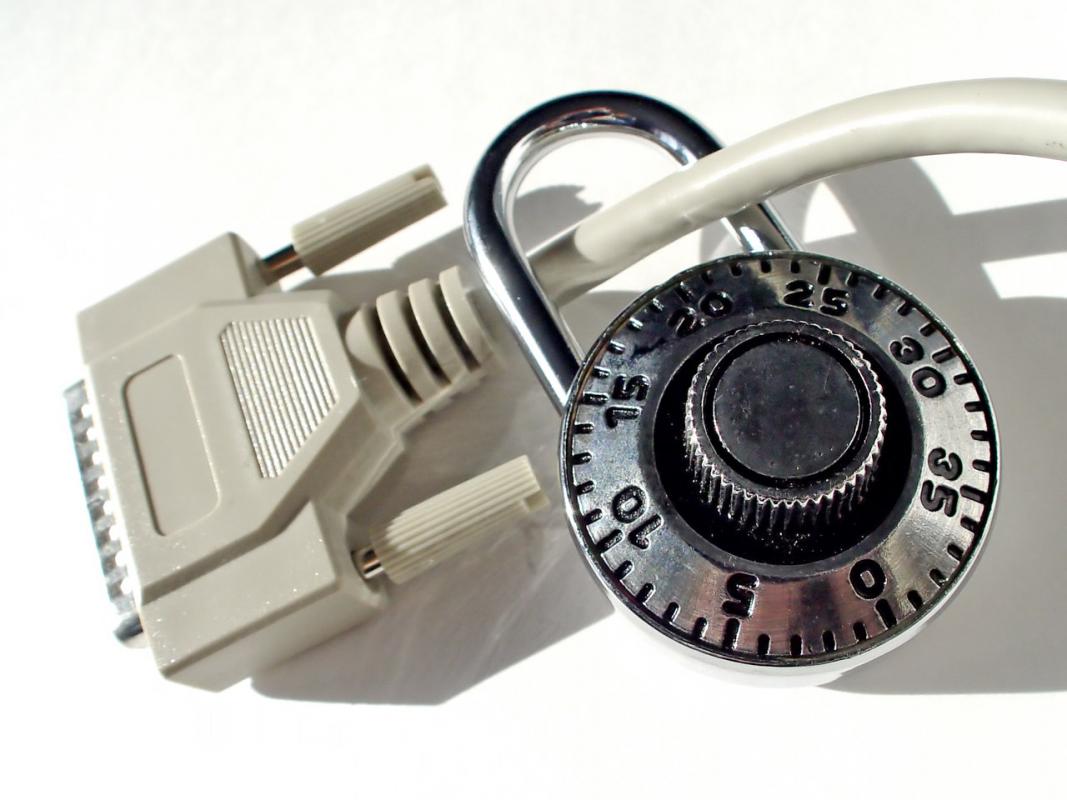
I know, I know you're probably thinking "I have to secure my copiers too? What can't be hacked?" The unfortunate answer to that is that very little cannot be hacked. However, your copiers are not necessarily a hot target for digital breaches. In fact, most copier brands do not retain images of their documents by default, but you should still take caution and make sure you are speaking with your copier services provider about your concerns and ask the right questions about your exposure to a security breach of this type. Start with these topics to ensure you are protected.
Understand your devices
You don't need to be able to disassemble your machines or take care of repairs, but the best defense regarding technology and data security is knowledge. By asking your copier provider about your device's security features and understanding how they work, you can be prepared in the event something gets turned on or off accidentally and correct the issue. Have your rep train you on the device thoroughly.
Explore access control
Most multifunction printers and copiers have methods of restricting access to the device by certain users. This can be a useful protection or an inconvenient annoyance depending on your business and device. Ask your provider about these options and how they could benefit or complicate your day to day business activities.
End of life questions - for the truly paranoid (or maybe not?)
'Truly paranoid' is a bit of a misnomer, but it is an idea that isn't considered by many but the few hyper-concerned individuals about their document security. When your device is at the end of its life or lease, you should speak with your provider about what will happen to the machine's hard drive. It is important to hold your provider accountable to knowing if destruction, drive scrubbing, or what other security option is available to destroy any underlying data.
It is very unlikely your printer would be hit with an attack to steal document images from the limited drive space, but it isn't impossible, and because of that you should be aware of the risks and speak with your provider about mitigating those risks.
